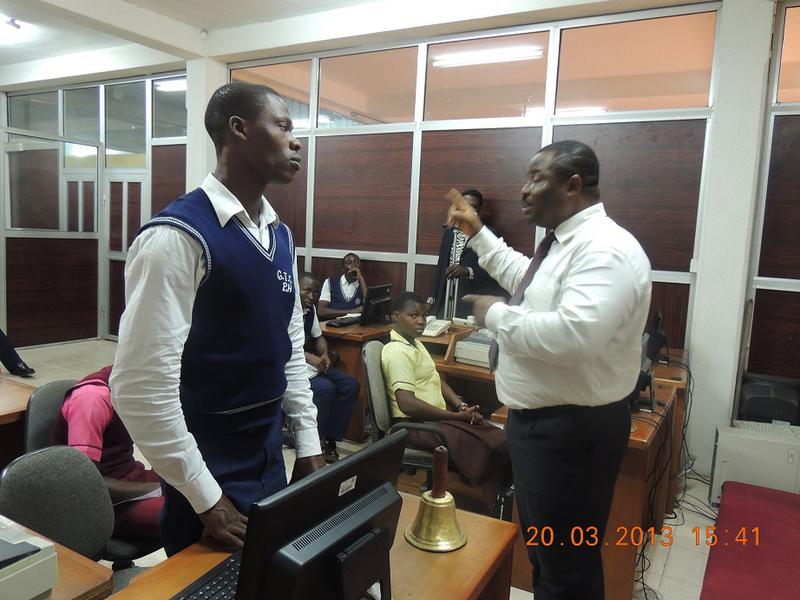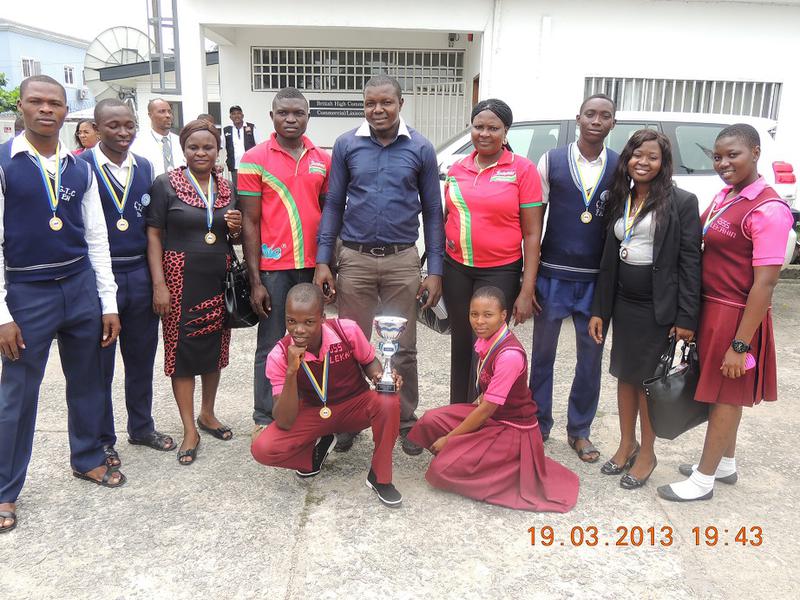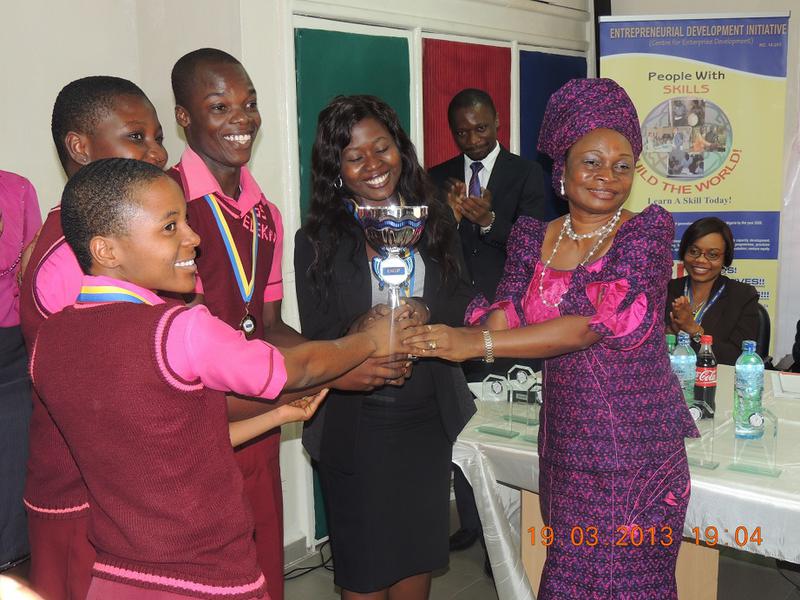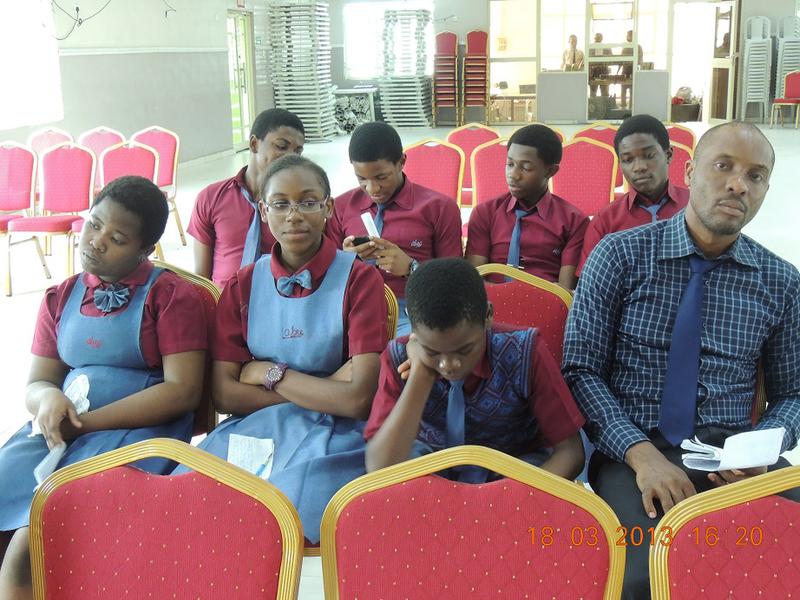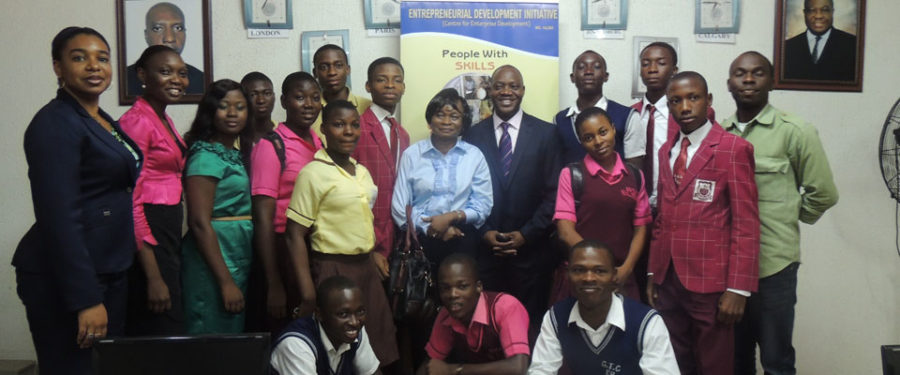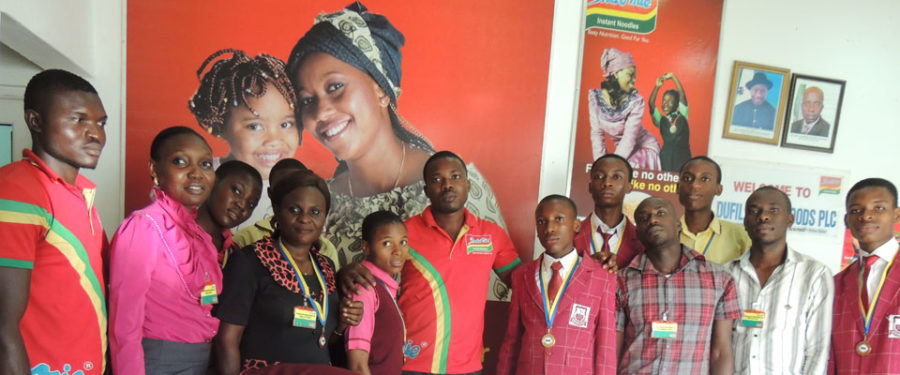Financial Literacy for Schools
Financial Literacy For Schools Programme
Financial Inclusion is achieved when adult Nigerians have easy access to a broad range of formal financial services that meet their needs at affordable cost. The services include but are not limited to payments, savings, loans, insurance and pension products. In modern times, financial literacy has become an essential tool for social and economic well-being. Tailoring financial education programme to children and youths becomes an important component in the transition from childhood to adulthood and the development of the next generation of financially responsible citizens.
This global movement that has received the attention of world leaders is also backed by local action in many developed countries. The global move is geared towards our younger generation giving them the necessary financial education they need to make informed choices, equipping them to face today’s world economic challenges posed to self, country and the world at large. In light of this, NATWEST (National Westminster Bank), the largest retail and commercial bank in the UK developed the Money Sense for school programme in 2005; an interactive way of giving students the skills to manage money so they can thrive in the society and be prepared for independent living.
As part of our strategic plan in promoting financial literacy for students in schools, a must have skill for this present generation, ENDIP is in partnership with NATWEST, United Kingdom, who have granted us permission and technical support in running our financial literacy for schools programme using NATWEST Money sense for Schools toolkit. ENDIP desires to work with eight secondary schools from each of the pilot states- Rivers, Bayelsa, Delta and Edo with the support of the Federal and State Ministries of Education. ENDIP will in partnership with the Ministry of Education, review and adapt the current curriculum used in secondary schools to include financial literacy.
This will guide the teachers on efficient and effective ways to educate students on financial products and services. This will be followed by several symposia and training programme for undergraduates in two higher institutions in each of the selected states to educate them on financial products accessible to them for enhancement of their financial status. The new teaching guide and the Save a Naira project will be launched in each of the states. An exhibition for banks is also proposed, where banks will create awareness on the various financial products and services available and students will have the opportunity to open a savings account.



